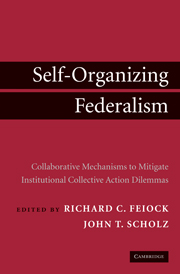This research examines city council member views toward efforts to direct the benefits of local development policies to certain areas or interests within communities. Using a large national sample of council members, the analysis finds substantial support for the proposition that development should benefit needy areas within a community. Consistent with expectation, minority council members are found to be more supportive of targeting efforts than are Anglo members, and ward representatives appear marginally more supportive of such efforts than do at-large representatives. Partisan affiliation, in general, does not seem to affect those attitudes, but Democratic ward representatives are much more supportive of targeting than either Democratic at-large representatives or Republican council members. Consistent with some distributive policy-making models, we find that council members from cities with considerable experience with economic development programs are most likely to believe that such programs gain popularity because they can be targeted to specific interests within the community. Such attitudes could lead to either need-based or universalistic targeting of benefits.
